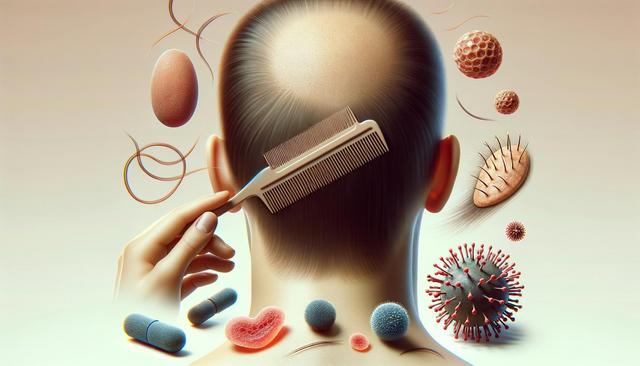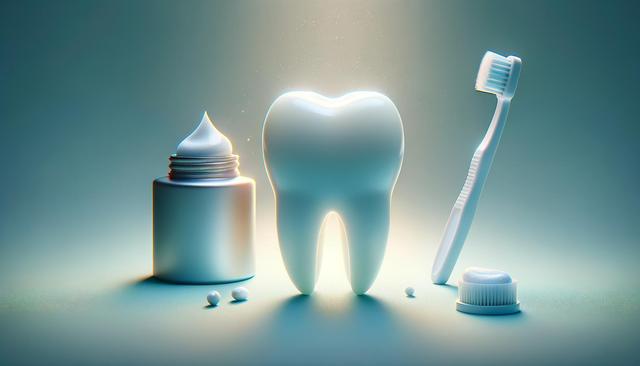Understanding the Causes of Brown Spots
Before diving into the ways to reduce brown spots, it’s important to understand what causes them. Brown spots, also known as age spots, sun spots, or liver spots, are most commonly the result of prolonged sun exposure. When skin is exposed to ultraviolet (UV) rays, it produces more melanin — the pigment responsible for skin color. Over time, this can lead to localized concentrations of melanin, resulting in dark patches or spots. Other contributing factors include hormonal changes, aging, and inflammation from acne or facial injuries that leave behind pigmentation.
Understanding the source of your brown spots can help you choose the most effective treatment option. For instance, if your spots are due to sun exposure, sun protection becomes a critical part of your skincare routine. If they are caused by hormonal fluctuations or post-inflammatory hyperpigmentation, you may need more targeted skincare ingredients or professional guidance.
Daily Skincare Habits That Make a Difference
Incorporating certain habits into your daily skincare routine can gradually help lighten brown spots and prevent new ones from forming. Consistency is key, and results may take several weeks to become noticeable. Here are a few skincare habits to consider:
- Use sunscreen every day, even on cloudy days. Choose a broad-spectrum SPF of 30 or higher.
- Cleanse your skin gently to avoid irritation.
- Moisturize regularly to maintain healthy skin barrier function.
- Use antioxidant-rich serums or creams, such as those containing vitamin C or niacinamide.
These ingredients can help reduce inflammation and lighten pigmentation over time. It’s also advisable to exfoliate your skin one to two times a week with a gentle exfoliant to remove dead skin cells and promote cell turnover, which may help fade dark spots more quickly.
Natural Remedies You Can Try at Home
For those who prefer natural alternatives, there are several home remedies known for their skin-brightening properties. While these remedies may not provide instant results, their regular use can contribute to a more even skin tone over time.
- Lemon juice: Contains natural citric acid, which can help lighten pigmentation. Apply with caution and rinse thoroughly to avoid irritation.
- Aloe vera: Known for its healing properties, aloe vera may reduce dark spots by soothing inflammation and promoting skin regeneration.
- Apple cider vinegar: Contains acetic acid, which may help lighten pigmentation. Dilute with water before using and apply with a cotton ball.
- Turmeric paste: This spice has anti-inflammatory and antioxidant properties. Mix with yogurt or honey for a soothing face mask.
Always do a patch test before applying any natural remedy to your entire face to avoid allergic reactions or irritation. Natural treatments are not a substitute for medical advice, but they can be a gentle and cost-effective option for some individuals.
Over-the-Counter Products That Target Pigmentation
There are a variety of over-the-counter (OTC) products formulated to help reduce the appearance of brown spots. These products often contain active ingredients known to target hyperpigmentation. Some of the most commonly used ingredients include:
- Hydroquinone: A skin-lightening agent available in lower concentrations without a prescription. Use with care, as it can cause irritation in some individuals.
- Retinoids: Derived from vitamin A, these compounds promote cell turnover and help fade dark spots over time.
- Vitamin C: A potent antioxidant that can improve skin tone and reduce pigmentation.
- Niacinamide: A form of vitamin B3 that helps reduce inflammation and lighten dark spots.
- Kojic acid and azelaic acid: Naturally derived acids that can help inhibit melanin production.
When choosing an OTC product, it’s important to follow the instructions carefully to avoid overuse, which can lead to dryness or irritation. Combining these treatments with sun protection is essential to prevent the spots from darkening further.
When to Consider Professional Treatments
If brown spots do not respond to home remedies or OTC treatments, professional options can offer more noticeable results. Dermatologists and licensed skincare professionals have access to medical-grade treatments that can effectively target pigmentation. Some of the most common procedures include:
- Chemical peels: These use acids to exfoliate the skin and improve its appearance by removing the top layers.
- Laser therapy: Targets pigment in the skin and breaks it down, leading to a more even tone.
- Microdermabrasion: A technique that gently exfoliates the outer layer of skin to reduce discoloration.
- Prescription creams: Stronger formulations than OTC products, often containing higher concentrations of active ingredients.
Consulting with a dermatologist is the best way to determine which treatment is appropriate for your skin type and pigmentation concerns. Some treatments may require multiple sessions and should be performed under the guidance of a professional to minimize risk and ensure effectiveness.
Conclusion: Choosing the Right Path for Your Skin
Brown spots are a common skin concern, but with the right approach, their appearance can be significantly reduced. Whether you prefer natural remedies, over-the-counter solutions, or professional treatments, consistency and sun protection are essential to achieving and maintaining clearer, more even-toned skin. Everyone’s skin is different, so it may take some trial and error to find what works best for you. By understanding the causes and exploring a variety of treatment options, you can make informed choices that support long-term skin health.


